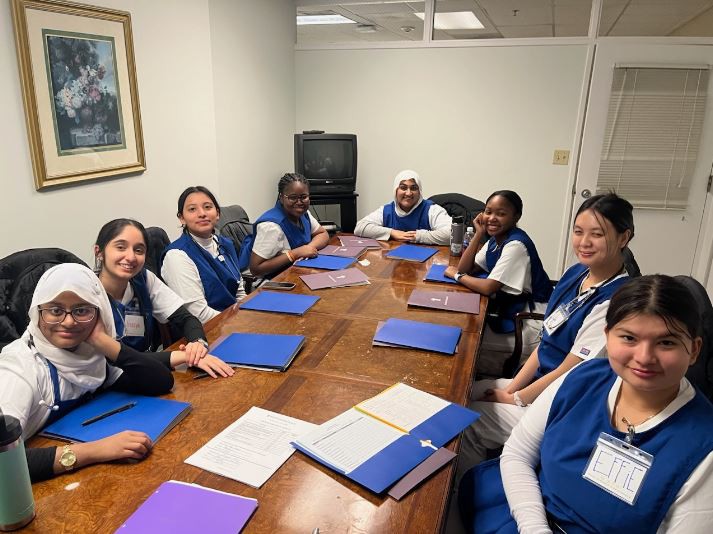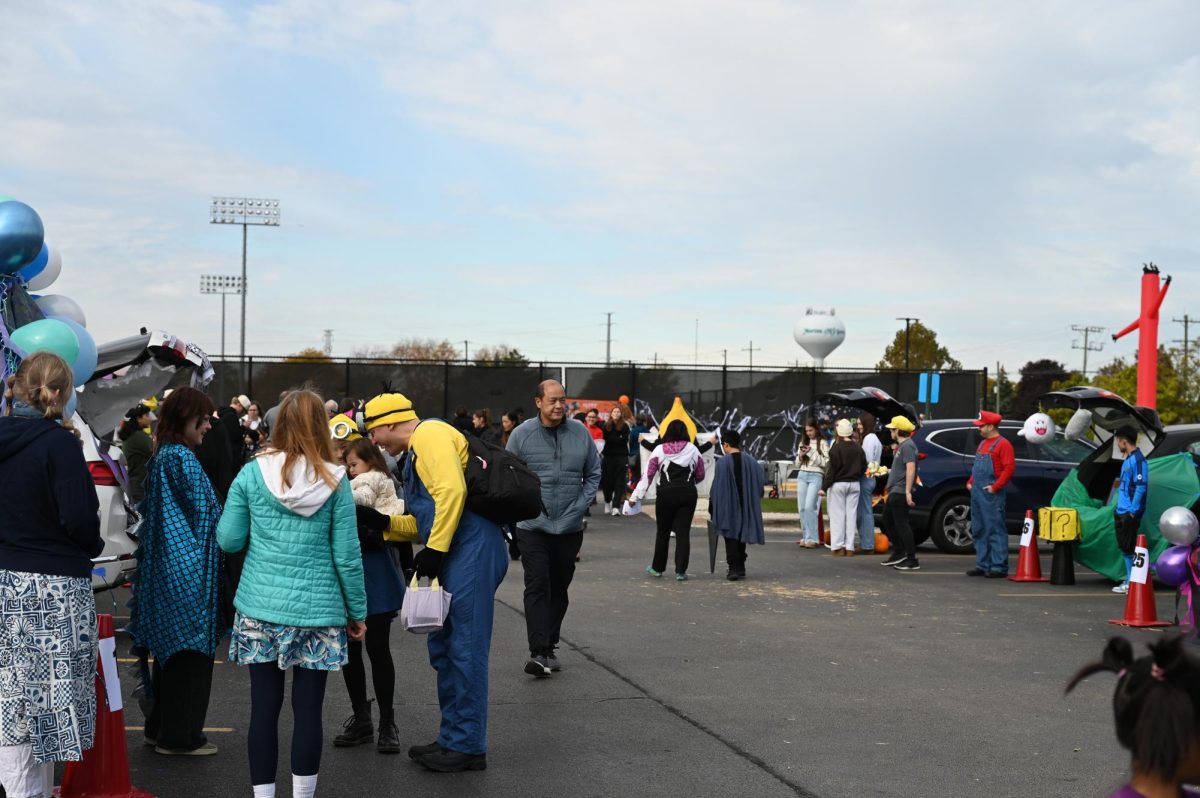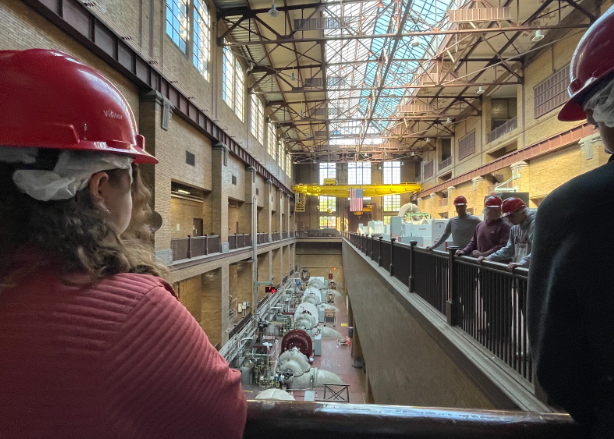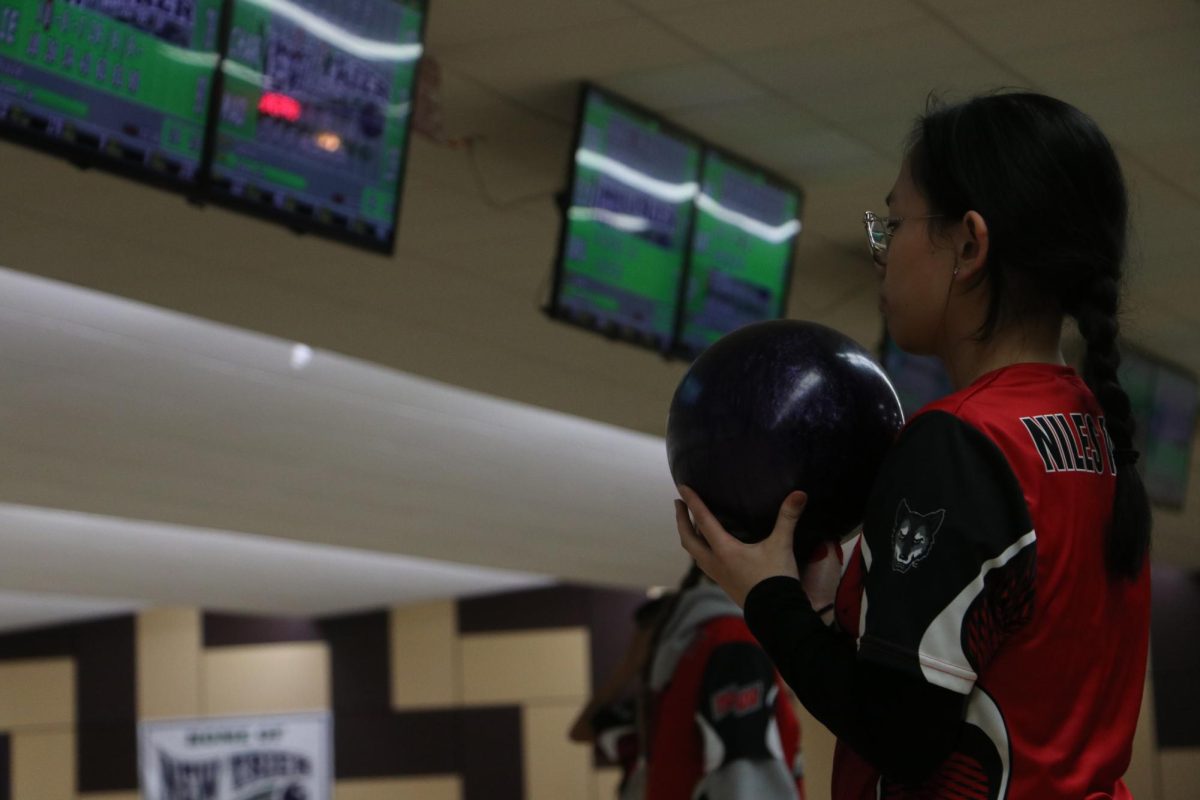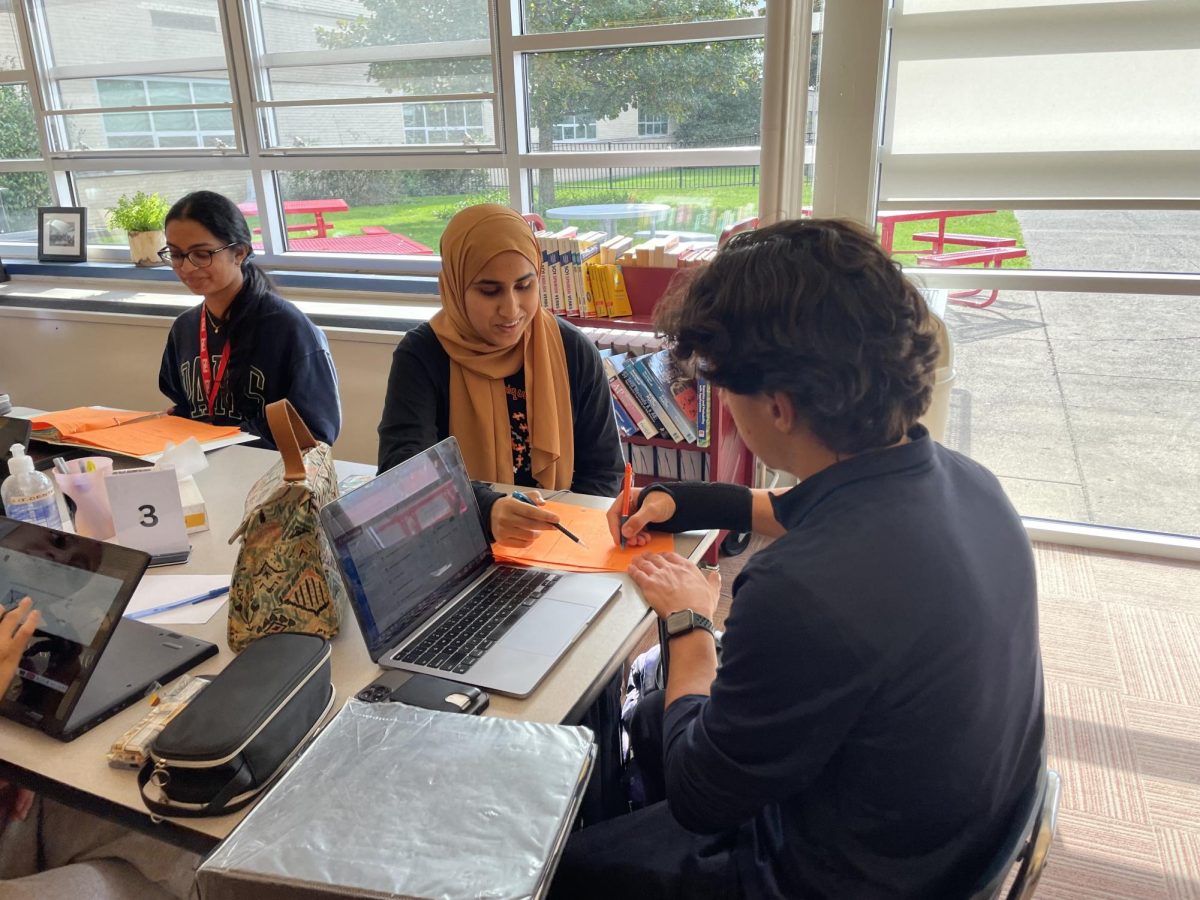D219’s Basic Nurse Assistant Training (BNAT) has started their first clinical nursing experience as of Wednesday, Jan. 17. Students from both Niles West and Niles North are working towards obtaining their CNA (Certified Nursing Assistant) certification which includes 50 hours of clinical experience after school.
BNAT and Health Careers teacher at Niles North, Angela Mell, teaches both North and West students in BNAT.
Students must apply to this competitive program which consists of two dual credit courses with Oakton Community College. Additionally, students earn eight college credits. The Illinois Department of Public Health allows a maximum of 16 students per class. Niles West students travel to Niles North daily in order to use the specialized classroom.
“Upon successful completion of the courses, students are eligible to sit for the state exam and earn a valuable professional certification. Certified Nurse Assistants or CNAs are in high demand and work in many environments including hospitals, long-term care facilities and home health care,” Mell said.
The program’s curriculum includes theory, lab skills and clinical hours. Students practice and study the principles and procedures used by CNAs in various settings. Additionally, the program has a large focus on basic human needs and the care of all individuals. The state of Illinois requires a specific amount of hours of theory to focus on Alzheimer’s Disorder and the care of individuals with Dementia.
“Last weekend, us students in BNAT had our first clinicals. Half of us went to Admiral and the others went to Presbyterian homes. I was part of the Presbyterian homes and we started with a tour and met our residents. We were on the memory care unit, so patients needed extra help remembering to do specific tasks,” senior Effie Dounis said.
Students recall this experience being a nerve-wracking learning experience.
“It was exciting, but I also felt very nervous. It wasn’t your classmate in class, it was a real person you had to perform these tasks on. On the first day, we helped with a lot of feeding and small tasks like changing them and brushing teeth and hair,” Dounis said.
Senior Afra Abdul also has many takeaways from her experience.
“Clinicals have been going well. The first day we were learning where everything was, but the next few days we were really working. We learned who our residents were and how to bond with them and take care of them,” Abdul said.
These tasks are expected for students to know in order to eventually achieve their CNA certification.
“Students learn and practice skills in the classroom that a CNA is expected to perform such as infection prevention, vital signs, moving patients and personal care. Second semester, students must complete 50 hours of clinical practice which is hands-on experience with real patients in the long term care setting,” Mell said.
Students work closely with a clinical instructor delivering direct care to patients with a variety of diagnoses and needs. These clinical hours are mostly completed on Saturdays and Sundays, so this program is a big commitment for students.
“Completing a CNA program has become a prerequisite of many Registered Nurse programs so this program gives students a great advantage if pursuing a nursing program is something anyone is considering,” Mell said.
The students in BNAT looked forward to the rest of their year in the program and of course, having all their work pay off.
“We go back in February and in March, then at the beginning of May we take the state test. If we pass, we are officially certified basic nursing assistants,” Dounis said.


